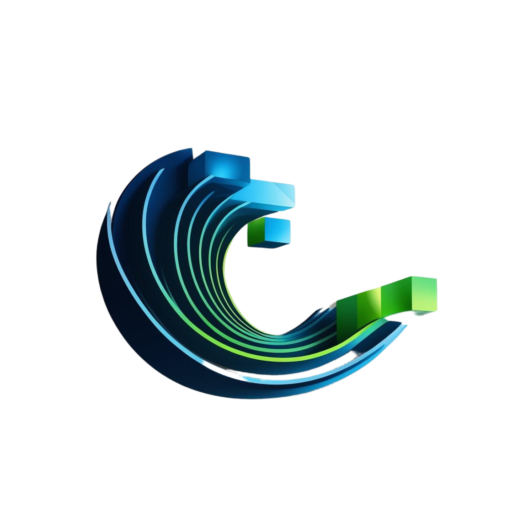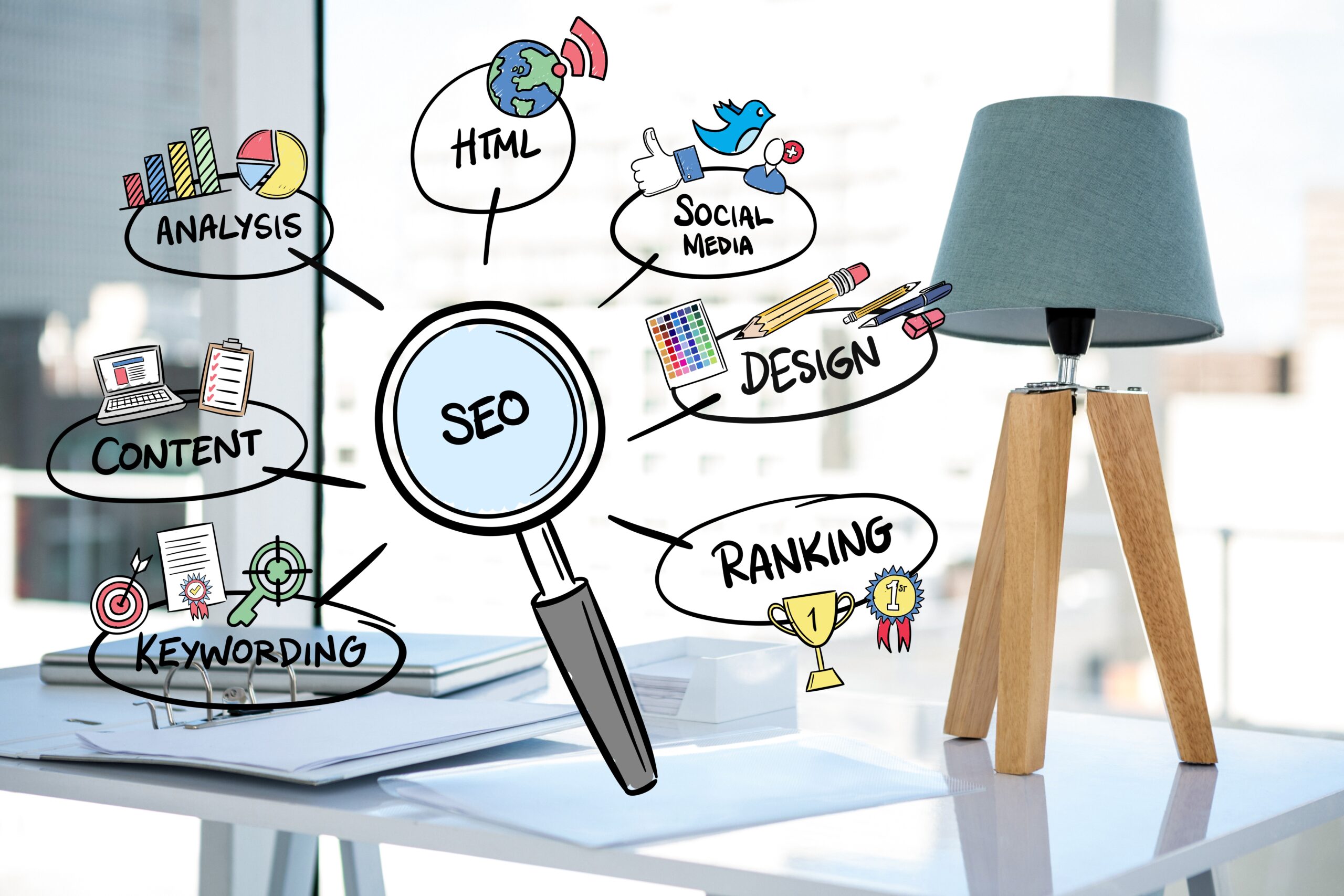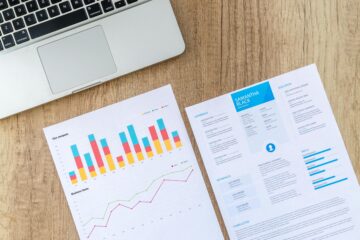In the digital marketing arena, two strategies often dominate discussions: Search Engine Optimization (SEO) and Pay-Per-Click (PPC) advertising. Both have their unique advantages and challenges, and the choice between them can significantly impact your business’s online visibility, traffic, and revenue. This article explores the nuances of SEO and PPC, comparing their benefits, costs, and long-term viability to help you determine which strategy might be right for your business.
Understanding SEO: The Long Game
Search Engine Optimization (SEO) is the process of optimizing your website to rank higher in organic (non-paid) search engine results. It involves various techniques, including keyword research, on-page optimization, content creation, and link building.
Benefits of SEO
- Cost-Effectiveness:
- While SEO requires an investment in time and resources, the organic traffic it generates is essentially free. Once you achieve high rankings, maintaining them can be less costly than ongoing PPC campaigns.
- Sustainability:
- SEO offers long-term benefits. High-quality content and strong backlinks can keep driving traffic to your site for months or even years after the initial optimization.
- Credibility and Trust:
- Users tend to trust organic search results more than paid ads. Ranking highly in search results can enhance your brand’s credibility and authority.
- Higher Click-Through Rates (CTR):
- Organic listings often receive more clicks than paid ads. Many users skip past ads and click on organic results, leading to higher CTRs for top-ranking pages.
Challenges of SEO
- Time-Consuming:
- SEO is a long-term strategy that can take months to show significant results. Achieving and maintaining high rankings requires continuous effort.
- Algorithm Changes:
- Search engines frequently update their algorithms. These changes can impact your rankings, necessitating ongoing adjustments to your SEO strategy.
- Competition:
- Highly competitive keywords can be challenging to rank for, especially for new or smaller websites. SEO success often requires a significant investment in content creation and link building.
Understanding PPC: The Quick Win
Pay-Per-Click (PPC) advertising involves paying for ads to appear in search engine results or on other platforms. The most common PPC platform is Google Ads, where advertisers bid on keywords, and ads are displayed to users based on their search queries.
Benefits of PPC
- Immediate Results:
- PPC campaigns can drive traffic to your site almost instantly. Once your ads are live, they start appearing in search results, providing quick visibility.
- Targeted Advertising:
- PPC allows for precise targeting based on keywords, location, demographics, and even the time of day. This ensures your ads reach the most relevant audience.
- Measurable ROI:
- PPC platforms provide detailed analytics, allowing you to track the performance of your campaigns in real time. You can measure metrics such as clicks, impressions, conversions, and ROI, enabling you to make data-driven decisions.
- Control Over Budget:
- With PPC, you have complete control over your budget. You can set daily or monthly spending limits and adjust your bids based on performance, ensuring you don’t overspend.
Challenges of PPC
- Cost:
- PPC can be expensive, especially for highly competitive keywords. Costs can quickly add up, and continuous investment is required to maintain visibility.
- Temporary Results:
- Once you stop paying for ads, your visibility disappears. Unlike SEO, PPC doesn’t offer lasting benefits once the campaign ends.
- Ad Fatigue:
- Users can become desensitized to ads, leading to lower click-through rates over time. Regularly refreshing ad creatives and targeting strategies is necessary to maintain engagement.
SEO vs. PPC: A Comparative Analysis
Cost Considerations
- SEO:
- Initial costs for SEO include website optimization, content creation, and link-building efforts. However, the ongoing costs are generally lower once you achieve high rankings.
- PPC:
- PPC requires continuous investment. Costs vary based on competition for keywords, targeting options, and industry. High CPCs (costs per click) in competitive industries can lead to substantial expenses.
Speed of Results
- SEO:
- SEO is a slow process. It can take several months to see significant improvements in rankings and traffic. However, once established, the benefits are long-lasting.
- PPC:
- PPC delivers immediate results. Ads can start driving traffic as soon as they go live, making it ideal for businesses needing quick visibility and short-term campaigns.
Longevity and Sustainability
- SEO:
- The benefits of SEO are sustainable over the long term. Quality content and backlinks can continue to drive traffic without ongoing investment.
- PPC:
- PPC’s benefits are short-lived. Traffic stops as soon as you cease your ad spend. Continuous investment is necessary to maintain visibility.
Click-Through Rates (CTR) and Trust
- SEO:
- Organic listings generally receive higher CTRs compared to paid ads. Users tend to trust organic results more, which can enhance your brand’s credibility.
- PPC:
- While PPC can achieve high CTRs, especially for well-targeted campaigns, ads may be perceived as less trustworthy by some users.
Integrating SEO and PPC for Optimal Results
For many businesses, the best approach is not choosing between SEO and PPC but integrating both strategies to complement each other. This integrated approach leverages the strengths of both SEO and PPC to maximize visibility, traffic, and conversions.
- Keyword Data Sharing:
- Use PPC data to inform your SEO strategy. High-performing PPC keywords can guide your content creation and optimization efforts.
- Visibility and Branding:
- Combining SEO and PPC can enhance your brand’s visibility. While SEO builds long-term credibility, PPC ensures immediate presence in search results.
- Retargeting and Remarketing:
- Use PPC for retargeting campaigns to re-engage visitors who found your site through organic search but did not convert.
- Budget Allocation:
- Allocate your budget based on performance. Invest more in PPC for quick wins and competitive keywords, while focusing on SEO for sustainable growth.
Conclusion
Choosing between SEO and PPC depends on your business goals, budget, and timeframe. SEO is a long-term strategy that builds credibility and sustainable traffic, while PPC offers immediate results and precise targeting. By understanding the strengths and challenges of each, you can make an informed decision or integrate both strategies for a comprehensive digital marketing approach.




